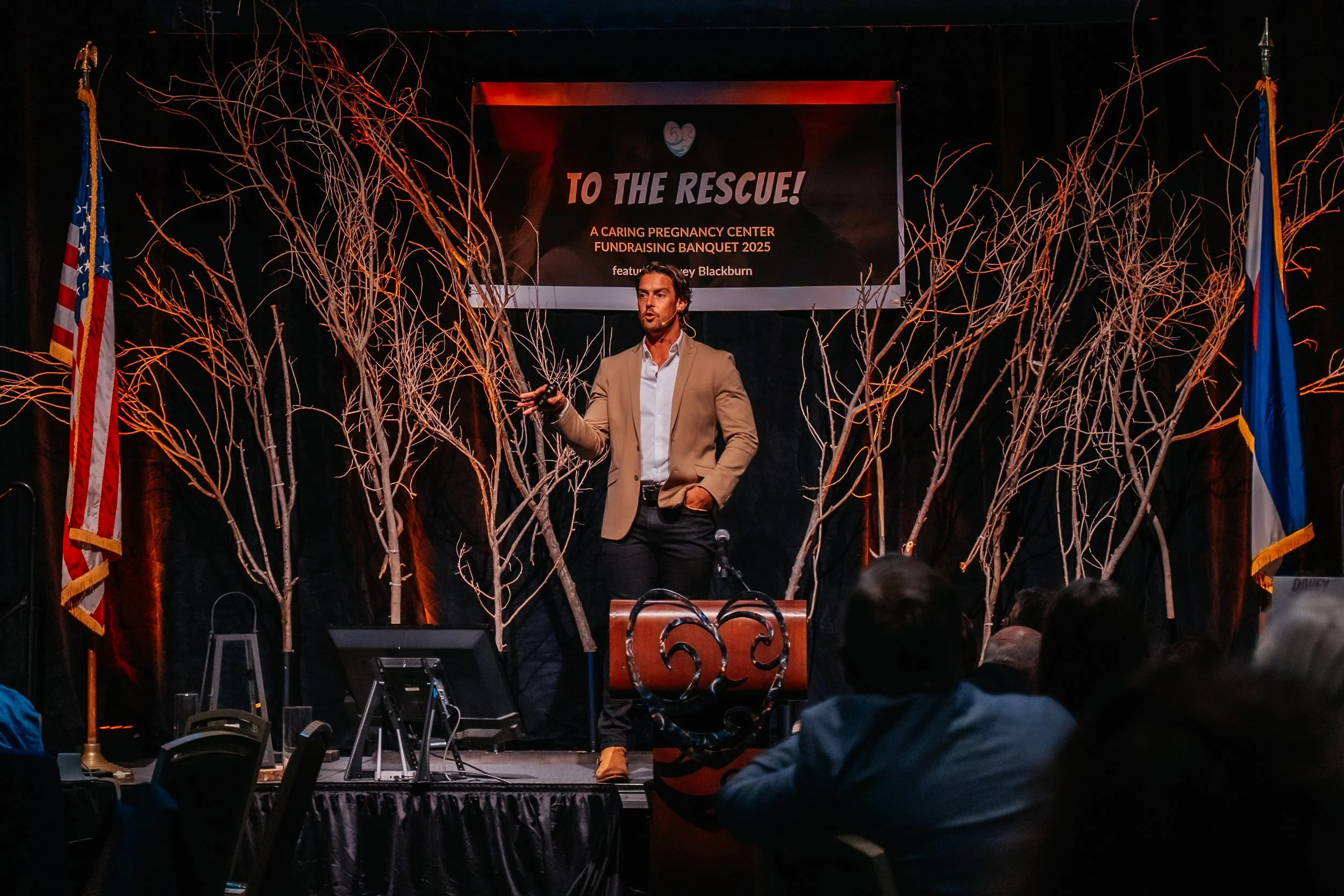5 Life Skills to Start Teaching Kids Under 10
As parents, we all want our kids to grow up confident, capable, and ready for the real world. But building independence doesn’t happen overnight. It starts with teaching everyday life skills—little by little, and often earlier than we think.
If you’re wondering what skills are worth teaching young children, here are five practical life skills every child under 10 can begin learning today.
1. Taking Responsibility for Personal Belongings
One of the first life skills for kids is learning to take care of their items—backpacks, shoes, jackets, and water bottles. Teaching this early encourages ownership and responsibility.
Simple ways to start:
Have a designated “home” for shoes, backpacks, and coats.
Involve them in packing for outings (even if it’s just remembering their water bottle).
Encourage them to clean up their toys and materials after play.
2. Basic Cooking and Kitchen Safety
Even small children can help in the kitchen. Teaching age-appropriate kitchen tasks not only promotes healthy eating habits but also builds confidence and responsibility.
Skills by age group:
Ages 4–6: Wash fruits and veggies, stir batter, help set the table.
Ages 7–9: Learn to use a toaster or microwave, make simple snacks, and read a recipe.
Be sure to go over kitchen safety rules like staying away from hot surfaces and handling sharp tools carefully.
3. Problem-Solving and Critical Thinking
Helping children think through problems on their own fosters emotional intelligence and independence. Rather than immediately jumping in to fix a problem, guide them through it.
Try this approach:
Ask, “What do you think we could try?” before giving answers.
Praise their effort, not just the solution.
Use real-life situations—like a sibling argument or a forgotten item—as teachable moments.
4. Time Management and Routine
Understanding how to manage time is a foundational skill that will serve your child for life. You can begin teaching time management by involving kids in daily routines and simple planning.
Ways to practice:
Use visual schedules or checklists for morning and evening routines.
Let them help plan a simple to-do list for the day.
Teach them to estimate how long tasks take (like 5 minutes to brush teeth, 15 minutes to clean up).
5. Speaking Up and Asking for Help
This one may not sound like a “life skill,” but communication is key to success and safety. Children should feel empowered to ask questions, express their needs, and advocate for themselves.
Teach them to:
Use clear words to describe how they feel or what they need.
Raise their hand in class or speak to an adult when something feels wrong.
Role-play situations where they practice speaking up respectfully.
Start Small, Stay Consistent
Kids don’t have to master every skill at once. Teaching life skills is a slow, steady process—one that builds trust, responsibility, and resilience over time.
At our center, we believe parenting is about more than survival. It's about thriving—and that includes equipping the next generation with the tools they need to grow into strong, capable adults.
Looking for parenting support or free resources in Pueblo County? We’re here to walk with you, every step of the way.





